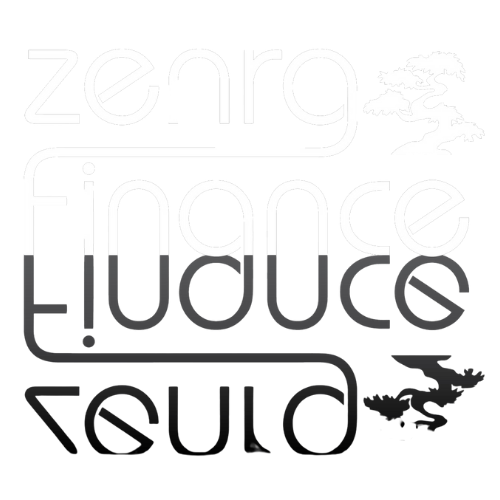
Business Finance
Need a business loan?
From term loans, invoice financing, and commercial bills to vehicle financing and equipment leasing—there are plenty of options available if you’re considering business financing in NSW.
Thankfully, Zenrg Finance can help you find a business loan that works for you.
Business Loans Tailored to Your Needs
Our financial experts can help to gain access to a wide range of business finance to help you get ahead. Here are the top business loan options you might consider:
Term Loans
Term loans are loans for equipment, real estate and working capital that are paid off for typically between one and twenty-five years. Interest rates for term loans can be fixed or variable, and you can choose a repayment option that meets your business’ cash flow needs. Intermediate-term loans are less than three years, and long-term loans are for three to twenty-five years.
Invoice Finance
Invoice financing is a form of short-term borrowing based on unpaid invoices. It is structured most commonly via:
Invoice factoring, where the company sells its unpaid invoices to the lender who typically pays them 70% - 85% of the value of the invoices, upfront. Once full payment for the invoices is collected, the lender will remit the remaining amount to the business. The business will then pay interest and/or fees for this service.
Invoice discounting, which requires the business, not the lender, to collect customer payments. The lender will pay up to 95% of the invoice amount to the business, and when customers pay the invoices, the business repays the lender with an additional service fee (or interest).
Commercial Bill
A commercial bill is a written agreement in which the borrower agrees to repay a sum of money (face value) to the financier at a future date, usually between 1 and 10 years. The borrower sells the agreement to the financier and receives the discounted proceeds (face value minus interest).
There are ‘rollover’ periods during the term of the loan at which the amount borrowed and the interest rate may be recalculated. Rollover periods (repayment dates) are typically between 1 and 180 days, and interest is paid at each rollover.
Vehicle and Equipment Finance & Leasing
For businesses requiring vehicle finance or equipment finance, there is a wide range of options available. These include:
Finance Lease
Finance leases are rental agreements where the lender owns the asset and you then lease it for an agreed term and rental amount..
Operating Lease
An agreement between you and the lender to rent equipment for an initial fixed period. Operating leases allow you to return or purchase the equipment, or extend the lease at the end of that term.
Hire Purchase
An agreement to purchase vehicles, plant or equipment with payment terms in which the financier owns the goods during that term. With a hire purchase, ownership is transferred to you when you make the final payment and you can purchase the equipment at any time.
Chattel Finance
This is a loan agreement where you borrow funds to acquire an asset. Chattel finance involves securing the loan by way of a mortgage to the financier over the asset financed.
Fleet Leasing
Fleet leasing arrangements offer motor vehicle fleet funding and sometimes fleet management options as well.
Novated Leasing
Novated leasing is an arrangement in which employees lease a motor vehicle of their choice and while they remain employed, their employer agrees to pay the rentals directly from the employee’s gross salary.
Home Equity Loan or a Home Equity Line of Credit
When you make the decision to tap into the equity in your home, you have the choice of using a home equity loan or a home equity line of credit.
Borrowing against your house will offer you a much lower interest rate than other types of loans, so you can use your home loan to consolidate your debts and save on interest. In some cases, it may also allow you to use the interest you pay as a tax deduction. Since you’ve got an existing home loan and a history of responsible repayment, you can likely avoid the bulk of the paperwork you had to deal with the first time around.
Considering that there can be a high level of risk involved with borrowing against your home, however, this option is best for those who intend to tap into the equity in their homes to increase its value (eg. to complete an extension or renovation). If you need funds for short term borrowing, a home equity loan could put your home at risk, leaving you with higher repayments and diminishing equity.
Discover Your Business Finance Options Today
To explore your business loan borrowing capacity, repayments, or potential savings, check out our finance calculators.
You can also book a meeting with our friendly team or give us a call today to discuss your business financing options.
Talk to a business finance specialist
Leave your details and one of our Home Loan Specialists will get in touch to help you find a solution that matches your needs.

